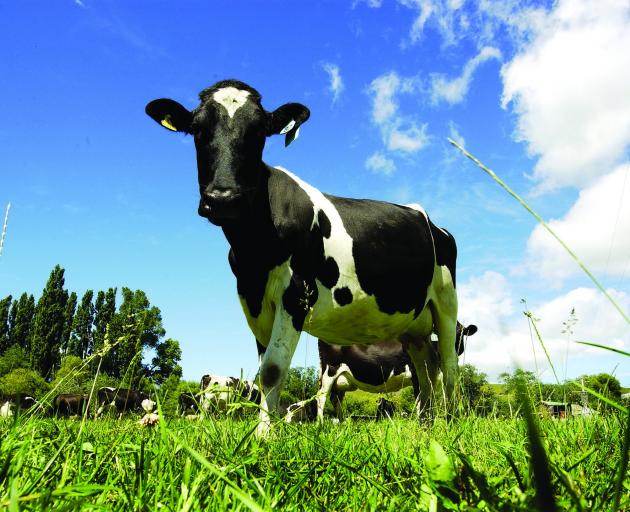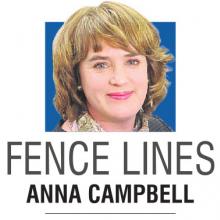
When I met my husband to be, he was managing a dairy farm in the Manawatu. I should have known better than to hitch my life to a farmer, but love makes for questionable decision-making.
We spent a couple of years on farms while I finished studying, then took off to Australia before coming back to dairy farm management.

From there we stepped into contract milking, which is where you own farm machinery and manage staff, but don’t own cows or land. To do this, we approached our thorough and thoughtful bank manager and secured our first bank loan. We bought tractors, a silage wagon and all sorts of equipment that did not excite me at all.
We saw the loan as a stepping stone to land ownership. We also started a young family and worked hard to pay off the loan early. For various reasons we didn’t end up taking the land ownership path, but the path was there and it was a path well-trodden by previous generations of farmers.
The pathway looks different for people starting out in farming today.
This is because it is getting ridiculously hard to borrow from banks, as they are reluctant to lend to people who do not have land equity to borrow against, or land as part of the package they are borrowing for. This makes the contract milking-sharemilking-land ownership path extremely difficult, because effectively, the stepping-stones have been wiped out, unless you have family to lean on.
This makes for a "class system" where you won’t be able to own land unless you come from a land-owning family — sounds like home ownership, right? The sheep and beef industry is suffering equivalent challenges — it’s hard to borrow for equipment, livestock or lease costs without land ownership in the family, or as part of the equation.
Australian-owned banks have made immense profits from capital growth associated with land buying and selling in New Zealand — this is on top of the enormous profits they have made from lending associated with fuelling capital growth associated with urban property. Profits for BNZ were $1.32billion, ANZ $1.91billion and Westpac $1.01billion last year, from New Zealand alone.
Of course, there is risk associated with lending and each bank needs to take into account its exposure to property, agricultural risks, global financial markets and factors such as climate change, but such growth in profits should also mean they are willing to reinvest in the industries and people who have made them the profits in the first place.
DairyNZ has come out with new ads to attract people to an industry struggling for labour and the industry itself has done much to improve working conditions (it needed to), but it’s like putting a bushfire out with a garden hose if the structure of the industry is being destroyed.
As I write this, my heart rate is increasing and my keyboard is bouncing — so I need to shift the narrative before I hurt myself or my writing equipment.
What I love about society is that we find solutions.
Frankly, banks are dinosaurs, operating under antiquated, cumbersome business models, and if they continue down this vein, without thinking to the long term, they will be disrupted. As far as I am concerned, that can’t come soon enough.
What might this disruption look like? I was lucky enough to be able to pick a bright spark’s brain last week abut the future of financial technology, or "FinTech" as he called it. The bright spark is in his 20s with no property, but active in the sharemarket. We talked about how the "Sharesies" business model has opened up the sharemarket for his generation and peer-to-peer lending models are opening up the lending market. Organisations such as Simplicity, Squirrel (InvestNow) and Harmoney are starting to make their marks in the lending world. There are risks and there will be regulations that mean the needle will need to constantly move.
As with any disruptive change, there will be a tipping point when something which was small and risky becomes mainstream and the dinosaurs of the past will wonder "what did we do wrong?".
I don’t know when that tipping point will be, or what the successful FinTech business and models will be, but I do know that short-term thinking and not meeting the needs of your customers is a poor business strategy.
It will be a sad day if future generations of New Zealanders are unable to own land through sheer commitment and hard work. After all, that is what our successful agricultural industry is built on.
-- Anna Campbell is a co-founder of Zestt Wellness, a nutraceutical company, and a partner of AbacusBio Ltd, an agri-technology company.












